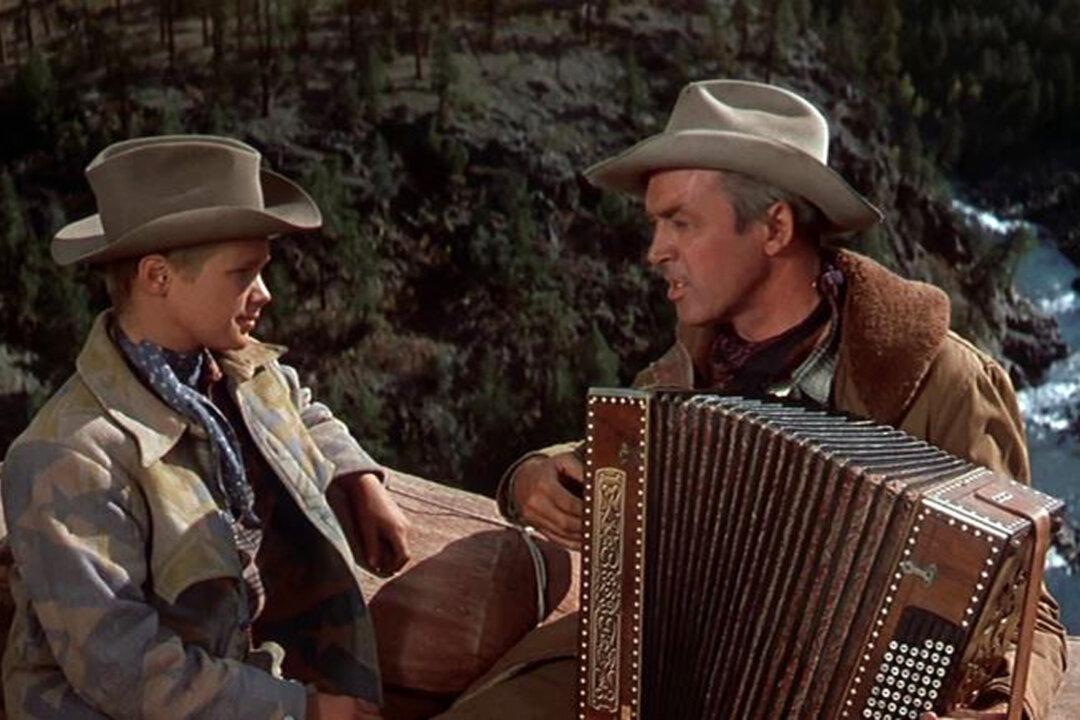NR | 1h 30m | Action, Adventure, Western | 1957
James Stewart rarely played the bad guy in films. However, one notable exception was “Night Passage,” which struggled to win over audiences upon its release in 1957. Despite its rocky reception and behind-the-scenes challenges, the film remains a well-produced Western, although it falls short of the high bar set by Stewart’s previous collaborations with director Anthony Mann.






